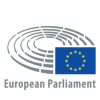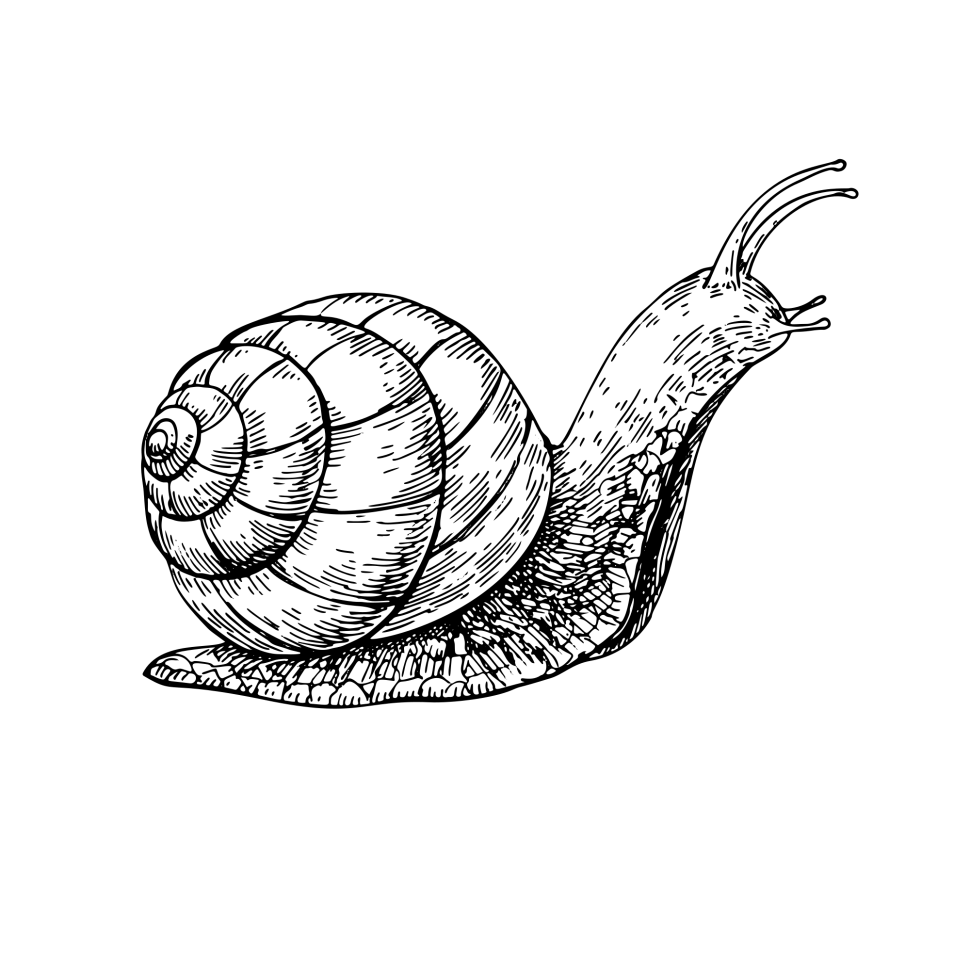Common Grounds: accessing land for regenerative projects
2 years agoCommon Grounds is an ongoing audio-visual research of militant anthropology that aims to gather strategies of access to land on different scales and geographies in order to make them known and inspire the public to replicate them.
The inequality of land ownership in Europe is worsening and there are many arguments from social and political sciences that show how this is producing socio-environmental injustices. More specifically, we believe land inaccessibility is holding back a necessary transformation of our agri-food system and community life towards resilience and regeneration. The project wants to explore these ideas through the voices of those who are directly involved in the land struggle(s). Concretely, people who want to work the land with regenerative aims are hindered by lack of capital and find themselves locked out by private property gatekeeping. But there are plenty of ways to break those gates and reclaim our land. In the film we meet people around Europe who are mobilising to challenge the current property regime and its capitalist logics of scarcity and exploitation. They propose alternative visions centred on abundance, commoning, and accessibility, rooted in their local realities but part of a bigger movement for socio-environmental transformation.
The short documentary wants to communicate a strong narrative about the barriers of access to land and why we should take them down. It is important to gather these strategies, from land trusts and cooperatives, to occupations, to commoning, etc. to show that the possibilities are many and that there is an urgent need to get into action and motivate people to reclaim the right to land sovereignty. Additionally, in the film we talk about private as much as public land, legal and legitimate practices, networks and individuals… we interrogate different scales and contexts because we do not think that a single solution or perspective can answer the problem; we want anyone who comes across the project to find strategies that can apply to their local situation - be it rural Italy or industrial England, for example - and we hope to foster bridges and collaborations between projects with similar aims.
Agriculture
Forest Resources
Rural Development
Young Farmers
Social Farming
Low-Carbon Economy
Interregional cooperation
Sociology and Economic Research
Policy Evaluation and Governance
Territorial Cooperation
Get Access to the 1st Network for European Cooperation
Log In
or
Create an account
to see this content
Recommended Calls for This Idea
Calls proposed by users that could work with this Idea.
recommend a call





Please Log In to See This Section